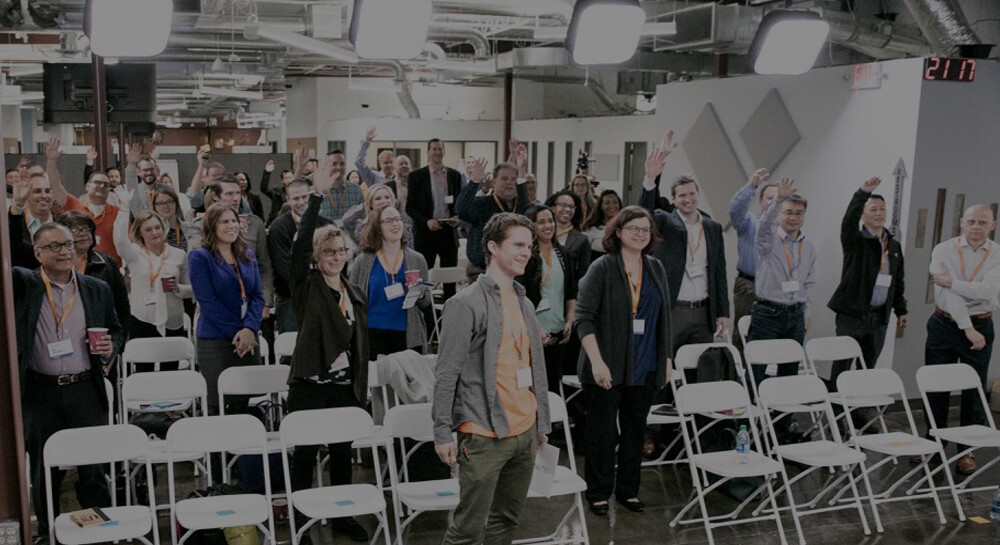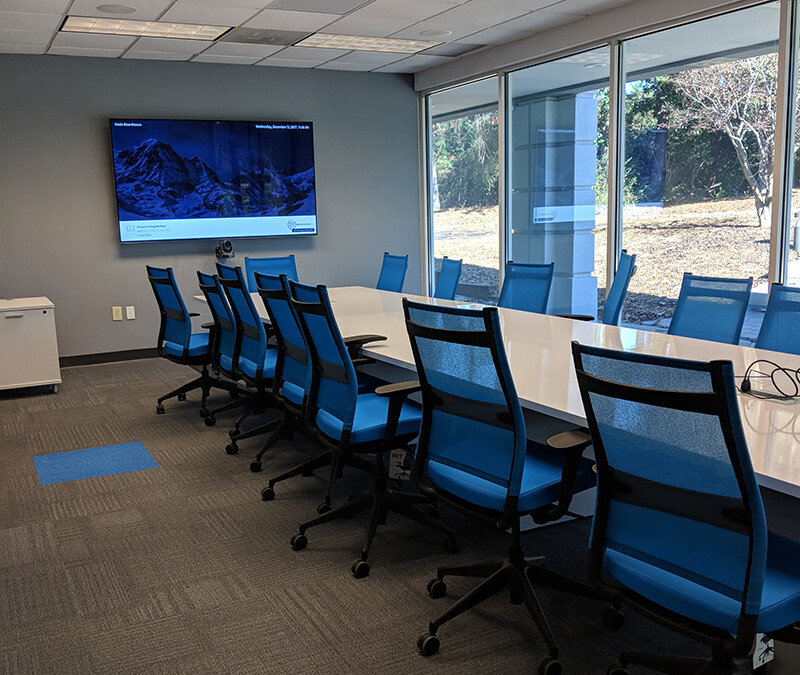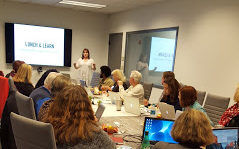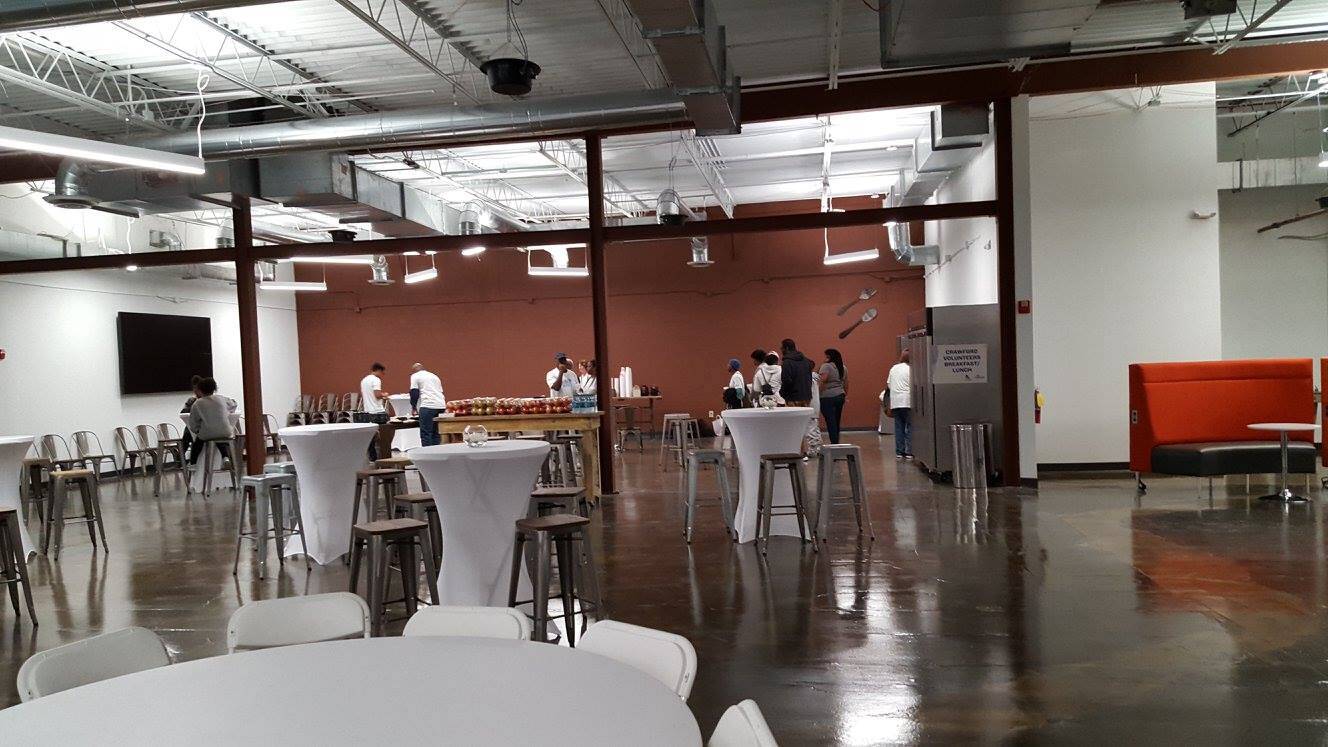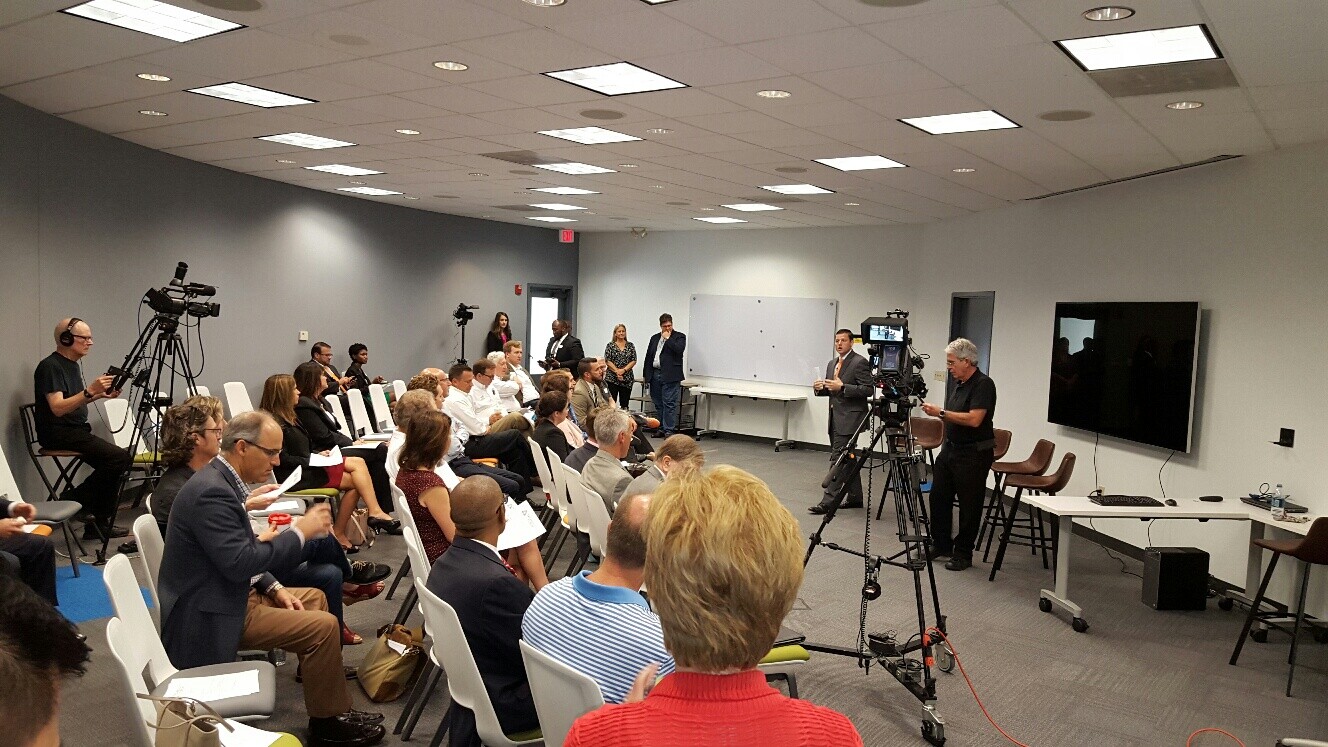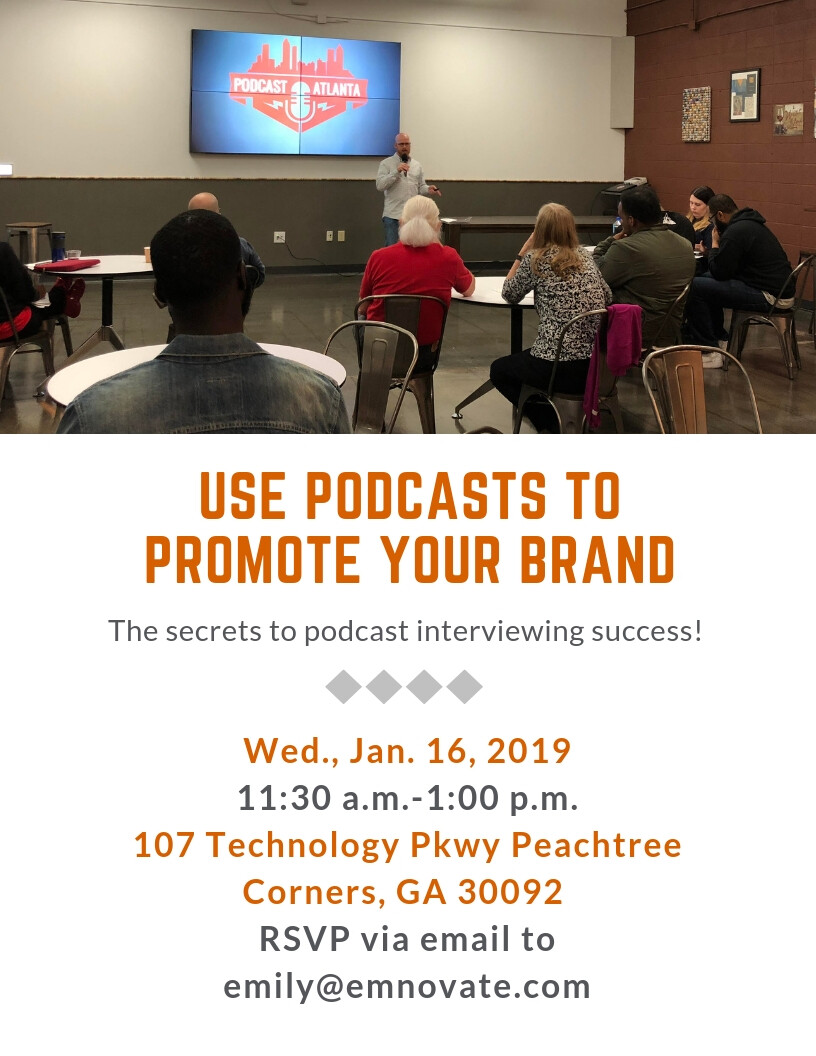
In today’s marketplace, podcasting is one of the most effective ways to build and maintain brand loyalty. As a matter of fact, podcasting has gotten so popular that as of 2018, Apple had more than 500,000 active podcasts in its library. However, with so many podcasts available to consumers for free, how your show differentiates itself from the others can be the difference between podcasting for a living and podcasting for an audience of one.
With that in mind, we joined forces with Mark Deal and PodATL to host a Comedy in Podcasting meetup featuring a keynote from Atlanta comedian Joel Byars at The Park. Don’t worry if you missed it, this recap will fill you in on what was said, but that’s not all! Mark Deal and PodATL will be back at The Park for a lunch and learn on January 16 for another session. Click here for details!
During his keynote presentation at The Park, Joel spoke about lessons he’s learned and applied to earn his show, Hot Breath! Podcast: Your Weekly Guide to Comedy Mastery, a 5-star rating from 165 people—and that’s just on Apple. His show is on Spotify and anywhere else you listen to your podcasts.
So, what’s the secret?
Well, comedy is the ultimate way to connect with your audience and create trust with them, Joel said.
“If they’re laughing, they’re listening,” he told the PodATL meetup group at The Park.
Even if you’re not intentionally funny, you can still find humorous ways to get the audience to engage with your content.
- For example, you can pair your ad-reads with a real-life story or record them in a different voice.
- A catchy intro, show name, or tagline are also easy, calculated ways to pique a listener’s interest.
- Simply smiling while speaking into the microphone will make your voice sound more welcoming and subconsciously encourage your listener to do the same.
- Standing while you speak into the microphone is another great way to inject energy into your voice as well.
- Hard consonants go over with audience wells. Those are words or letters that pronounced differently due to variations in the breath behind a sound. For example, a punchline will be funnier if the emphasis is on the word bucks instead of dollars.
- Identifying characteristics or behaviors from other things or people you find funny and imitating them (without stealing their material obviously) will surely work for your podcast.
Keep in mind that humor is innate within all of us. Being a comedian means being intentionally funny and viewing the world in a different way, but being organically funny isn’t something to stress over as it can and will happen naturally as long as you are confident, vulnerable, and open to what’s happening (contextually) and what’s being said by your guests and fans.
Aside from being funny, there are other principles to adhere to in order to create a successful podcast.
- You want your delivery, sound quality, audio, and content to be buttoned up because podcasting is a very intimate platform. You are speaking directly to (or interviewing) someone. It can be an hour longer or more, go very in depth, take place on a tour bus, at someone’s home, etc. Unlike TV, which is made to look glamorous, or radio, which is heavily regulated, podcasting is driven primarily by the audience and host.
- Always seek feedback from your listeners. If they have given you their time to listen to you, then you should return the favor and listen to them. Incorporating listener feedback into your podcast is a great way to get them to engage with you more.
- Perhaps the most important thing to know about having or starting a podcast is that it needs to be treated like a job. “I’ve calculated the workflow to be 15 hours an episode,” Joel said. That includes “finding the guest, researching the guest, traveling to the guest, doing the interview, and all of the post-production.”
- A good way to look at it is, a 30-minute episode can require up to an hour and a half of prep time, an hour-long episode requires that much or more, and so on. In other words, it takes time, effort, research, passion, and patience to make a podcast episode worthwhile for a listener—and that’s before you start recording a single thing.
The next layer of podcasting is having a unique perspective that only you can provide. People don’t want to just hear a regurgitation of information they can find elsewhere, so make sure you have a premise, idea, perspective, or content they won’t get anywhere else. Clearly stating your premise, a one-line summary of your show’s content, is an effective way to establish your perspective.
Now that you have received expert advice from Joel, you can apply the knowledge to your podcast whether it has been created or is still in the work. To achieve success with it, be consistent, be unique, and have fun! If you do take this approach and apply the tips Joel shared, your podcast is sure to be a success!
To learn more about podcasting, join us for a lunch and learn with Mark Deal at The Park on Wed., Jan. 16, 2019. Mark will discuss how to find podcasts that already serve your target audience and how to secure an appearance on those shows to ensure good exposure for your brand, service, or product. RSVP here now!

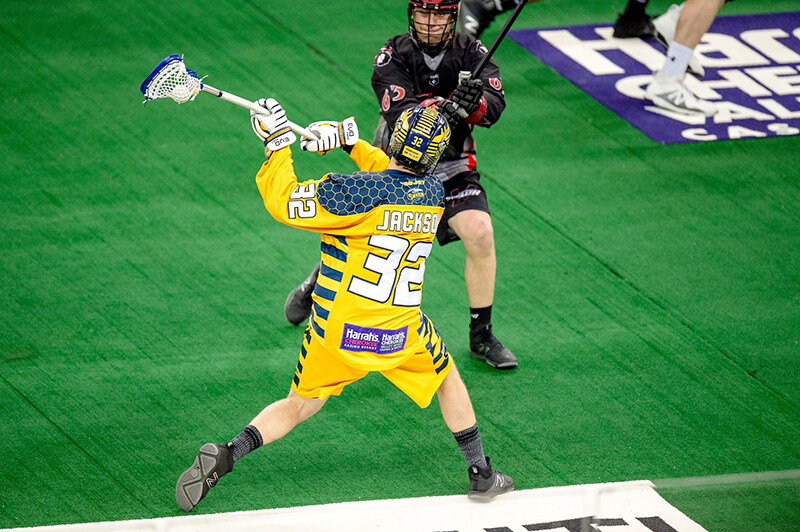





 The hackathon is open to all blockchain enthusiasts and web developers.
The hackathon is open to all blockchain enthusiasts and web developers.